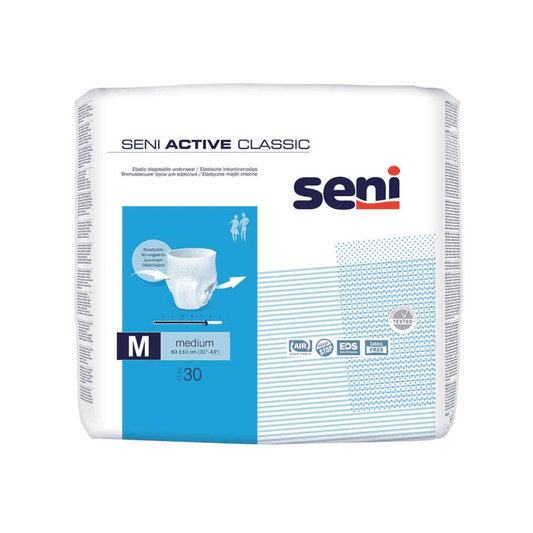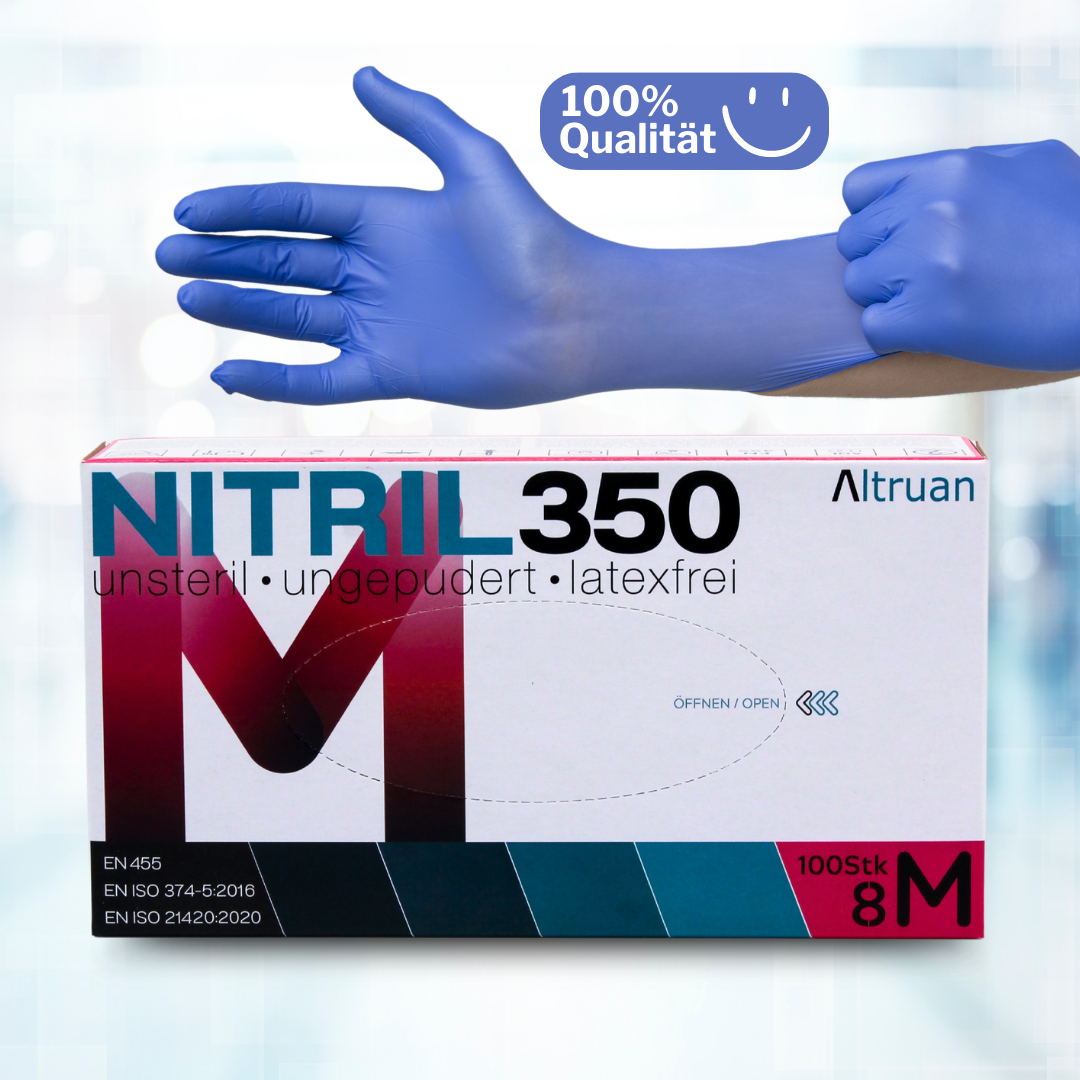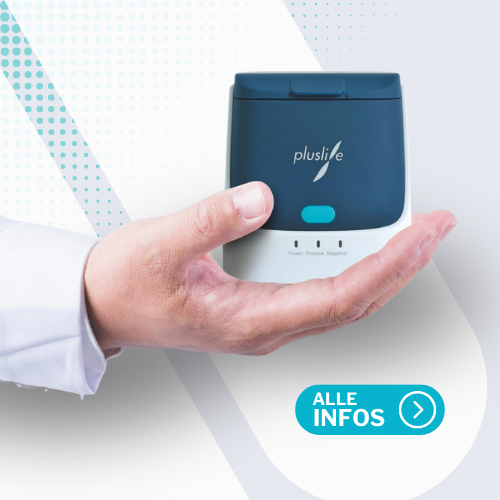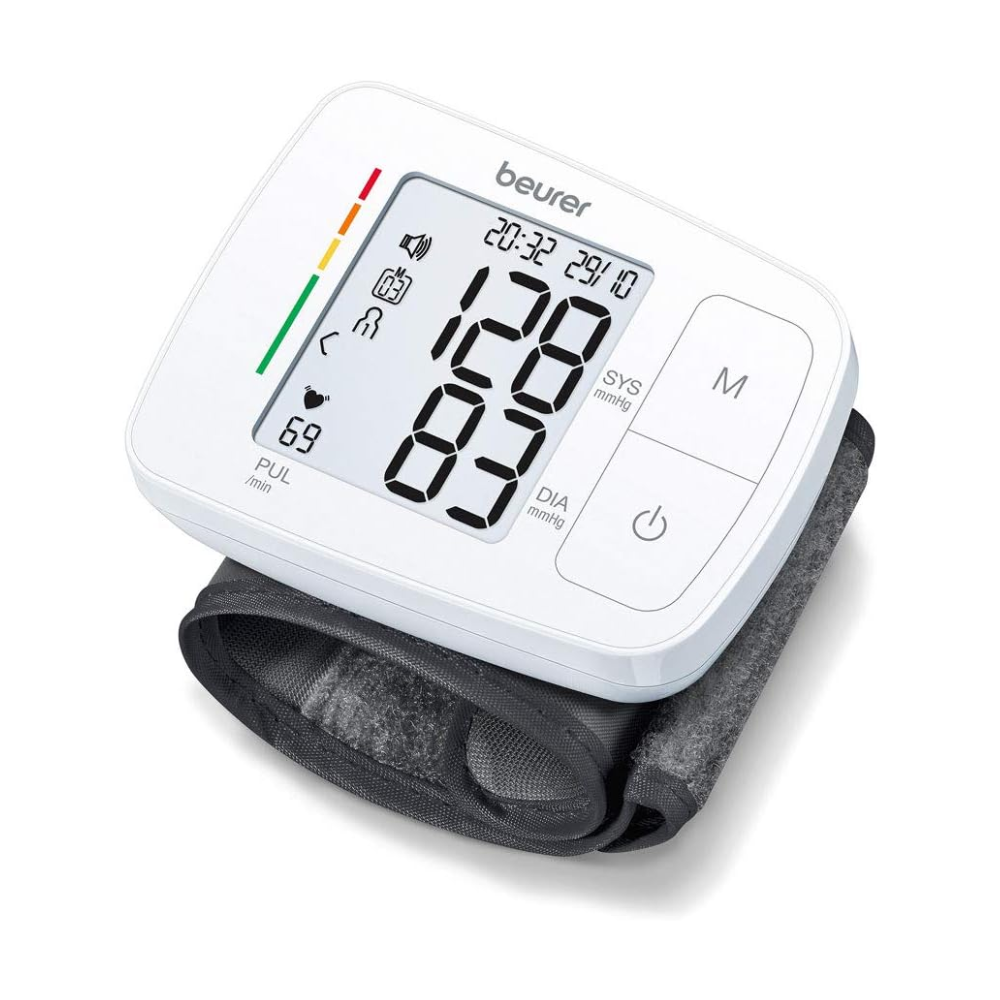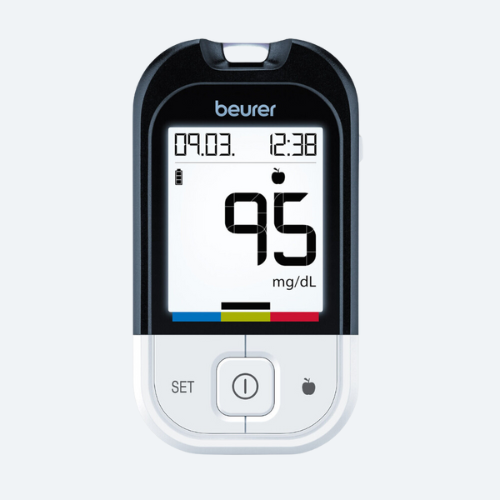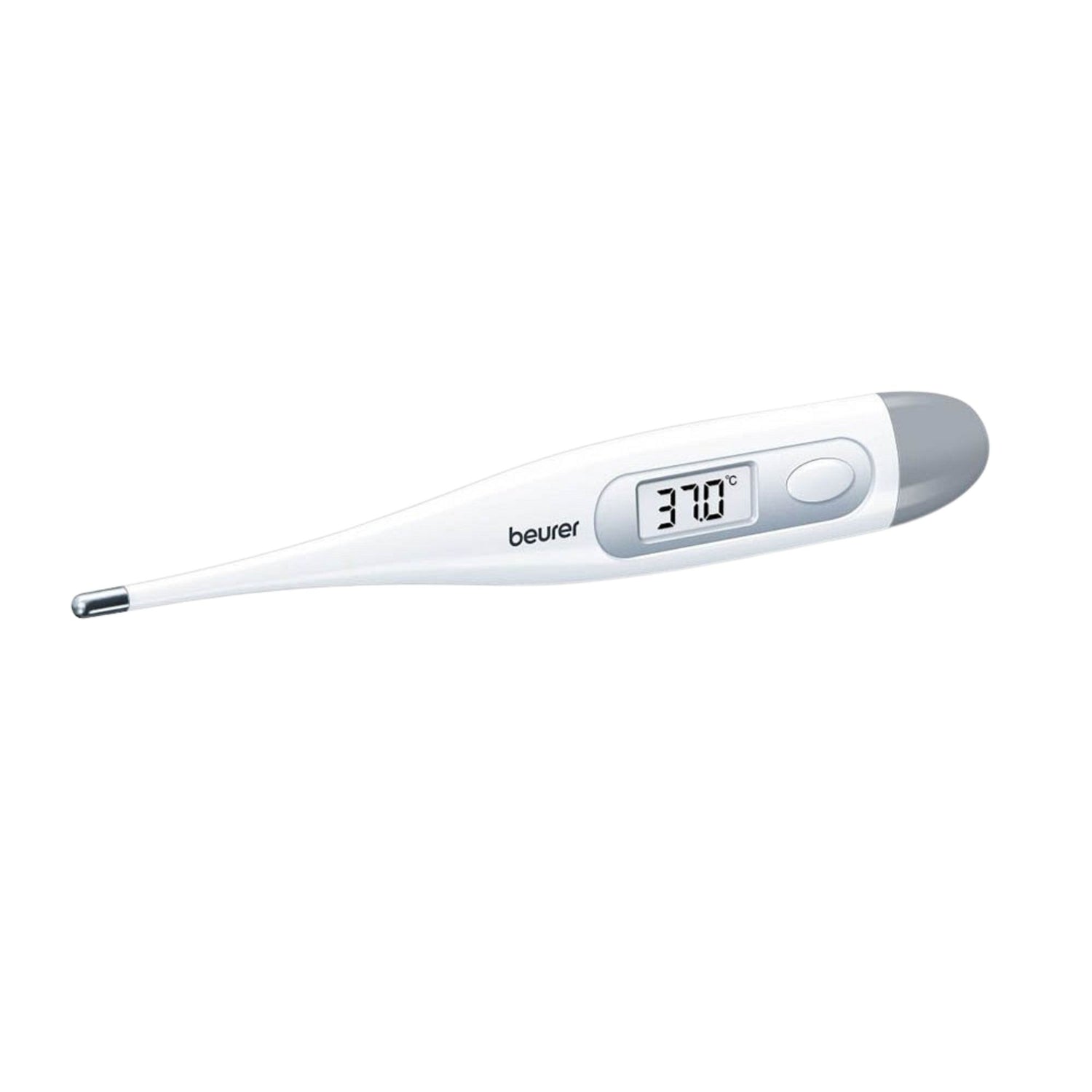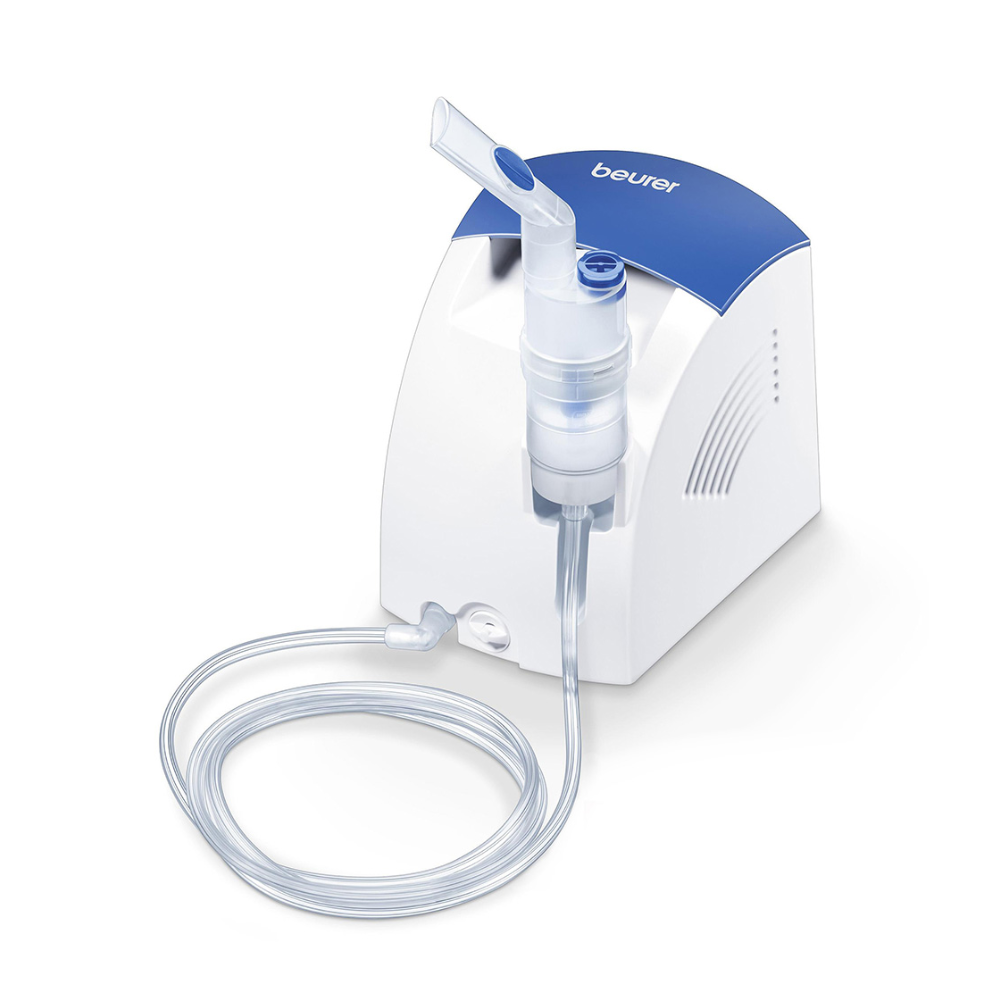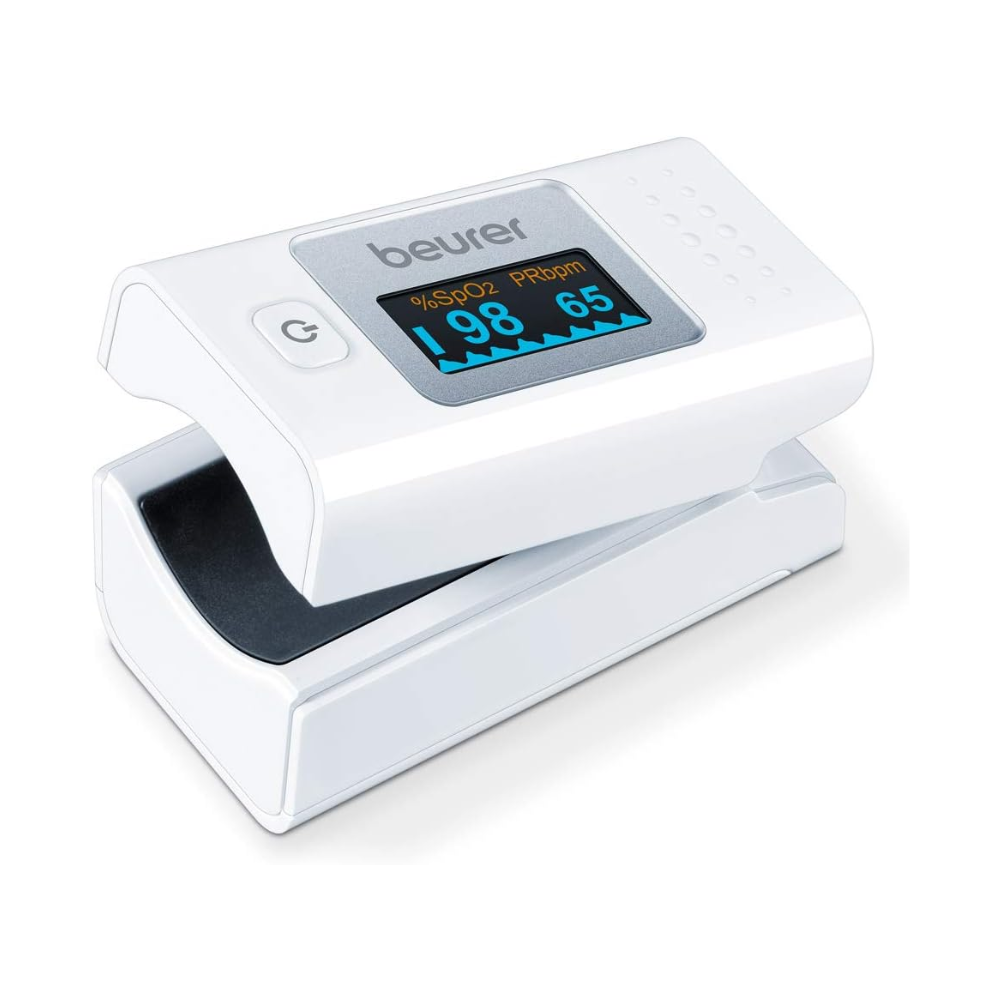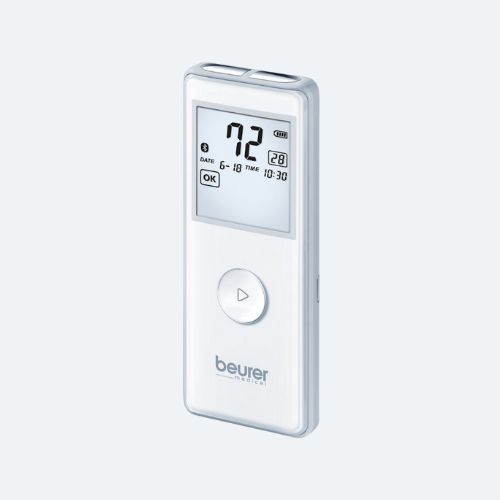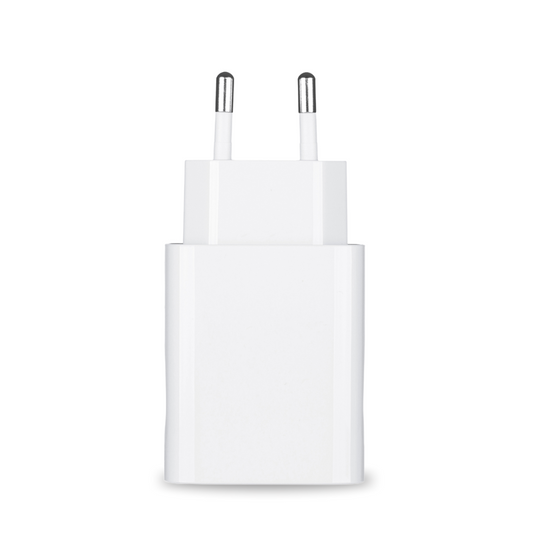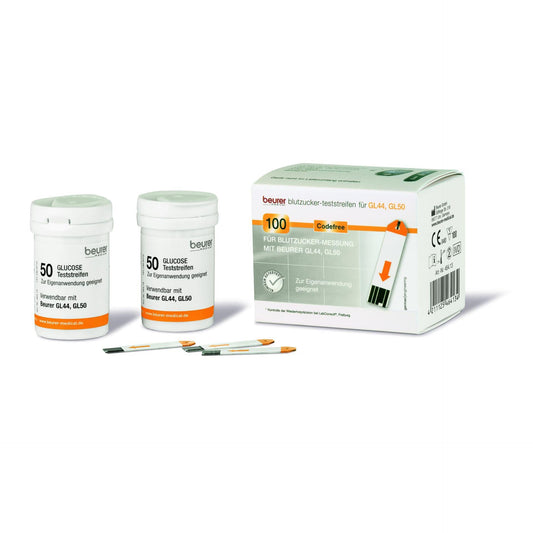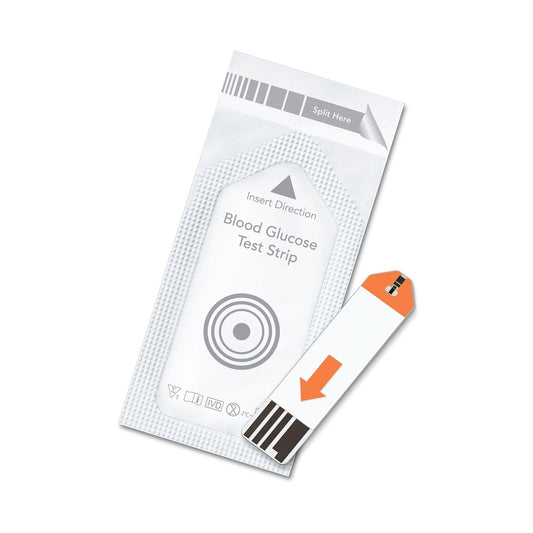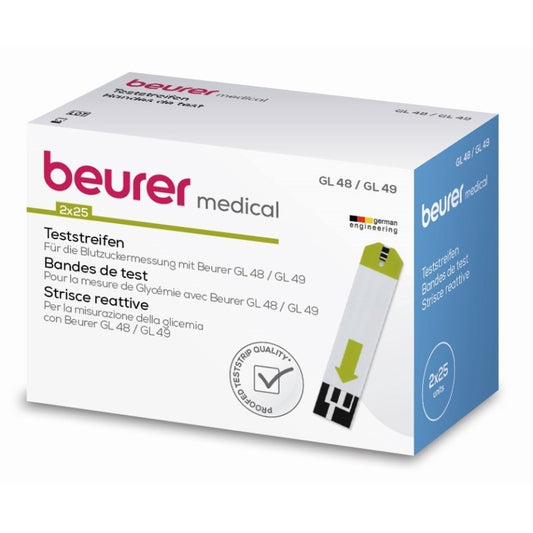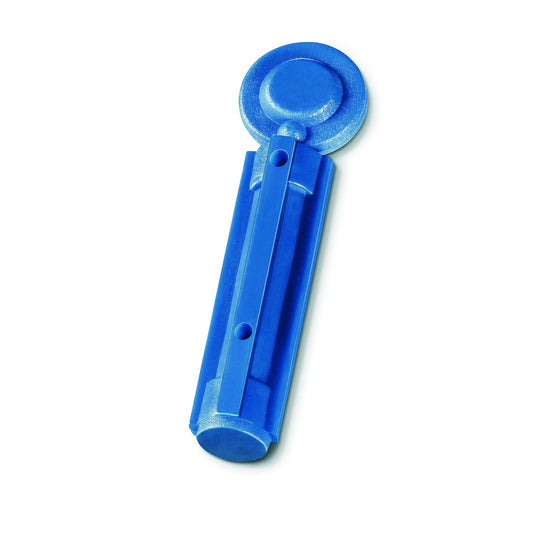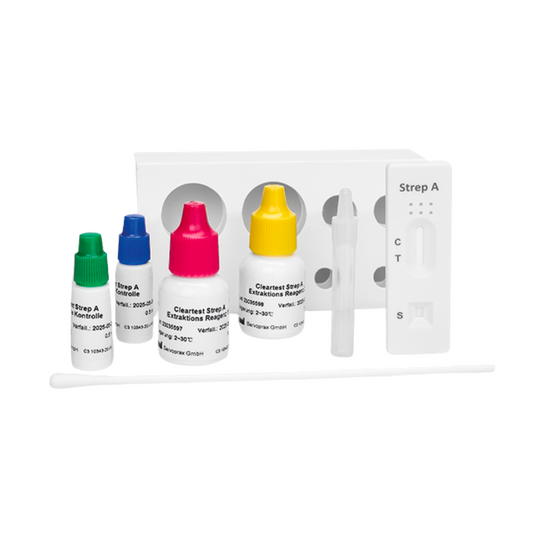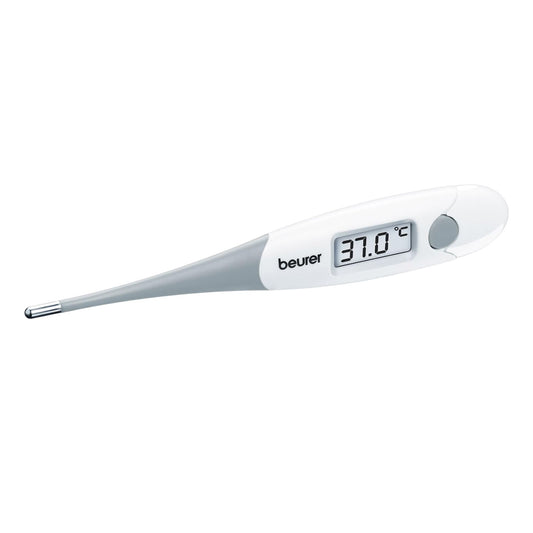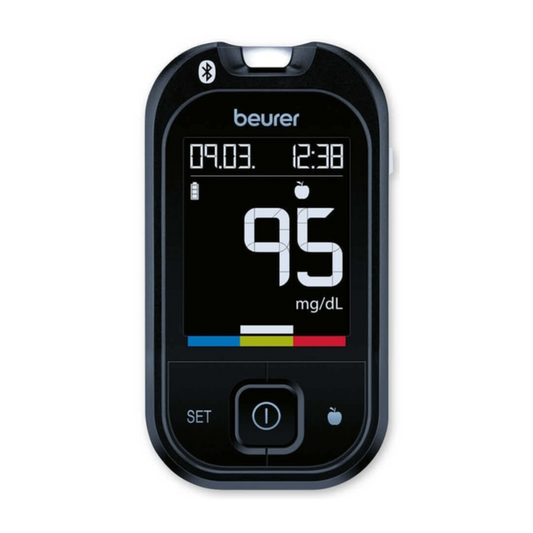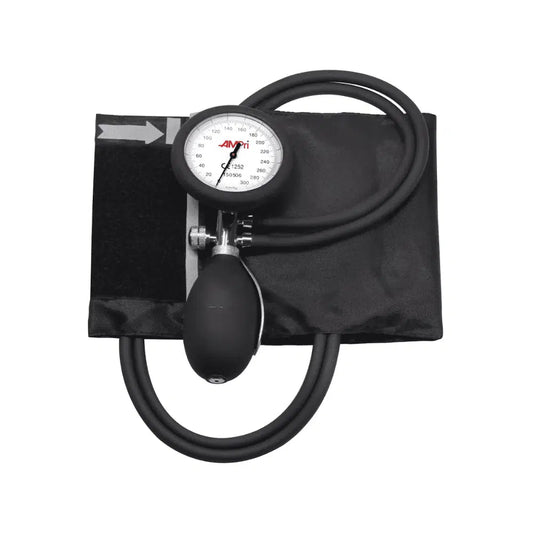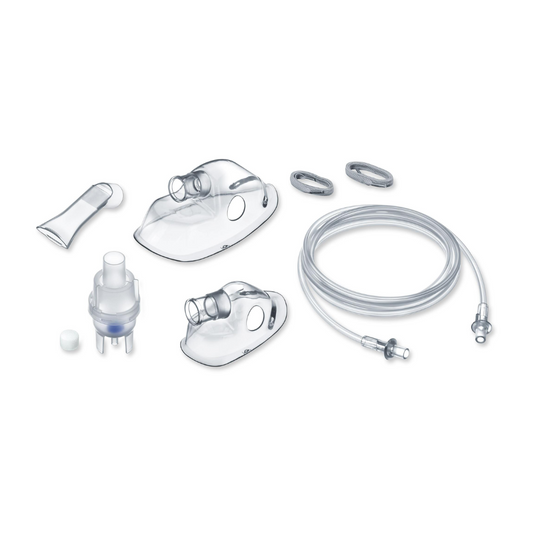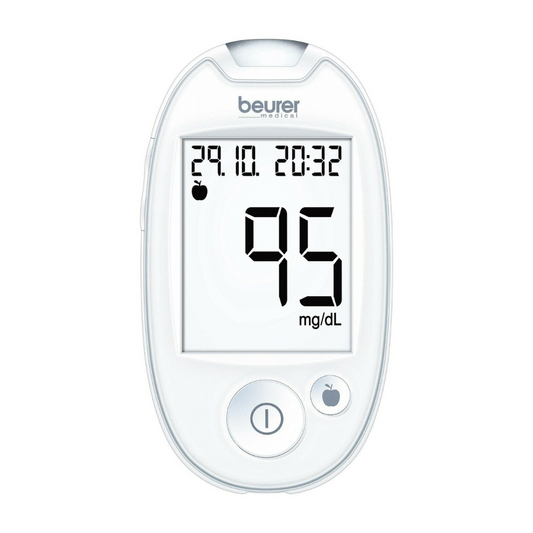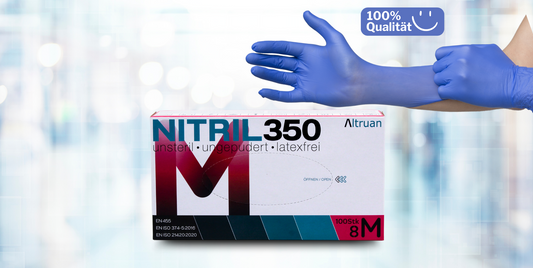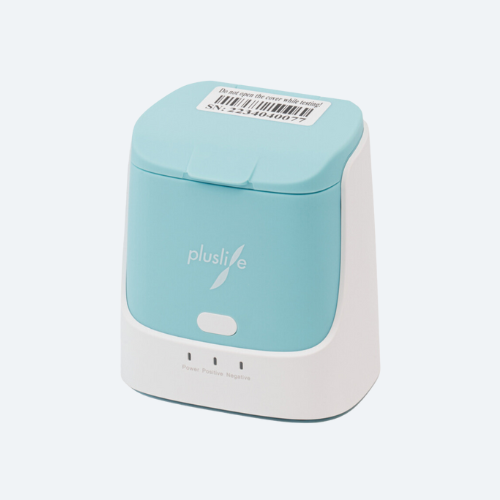Diagnosis
Popular categories
Buy products for every need in our wide range.
Everything you need to know about diagnostics:
Diagnostics play a crucial role in healthcare. It enables doctors to precisely identify diseases and create suitable treatment plans. In this article you will learn everything important about the various diagnostic methods, technological advances in the industry and how these innovations improve patient care.
What is diagnostics?
Diagnostics describes the process of identifying a disease or violation based on symptoms, anamnesis, physical examinations and various test procedures. It includes a wide range of techniques, from blood tests to imaging methods to genetic studies.
Main types of diagnostic methods
- Imaging procedures: The most important include X -rays, ultrasound, CT (computed tomography) and MRI (magnetic resonance imaging). These methods enable doctors to take a look inside the body in order to recognize injuries and illnesses.
- Labort tests: Blood tests, urine analyzes and tissue samples are essential for the diagnosis of many diseases, including infections, diabetes and cancer.
- Function tests: These tests rate the function of specific organ systems such as the heart, the lungs and the digestive system.
- Genetic tests: They help identify genetic disorders and can show risks for hereditary diseases.
The role of technology in diagnostics
Modern technologies have revolutionized the diagnostic processes. Digital imaging and automated laboratory systems offer faster and more precise results. Artificial intelligence and machine learning are increasingly used to analyze and support diagnostic data in decision -making.
Challenges and future of diagnostics
Despite progress, there are challenges such as high costs, access restrictions and the need for continuous further training for medical specialists. However, the future of diagnostics looks promising, with developments in personalized medicine and portable diagnostic devices that enable more precise and patient -friendly care.
Our top diagnostics products
Modern diagnostic devices for home: an overview of essential health tools
In the age of health technology, diagnostic devices are no longer limited to hospitals or clinics. Modern devices for home diagnostics enable people to effectively monitor their health and to react to potential health problems at an early stage. In this article we present a selection of essential diagnostic devices that should not be missing in any household.
Important diagnostic devices for home use
- Blood pressure measuring devices: These devices are essential for people with high blood pressure or cardiovascular diseases. Regular monitoring can help to avoid health complications and to evaluate the effectiveness of treatments.
- Blood sugar measuring devices: The regular review of blood sugar levels is vital for diabetics. Modern blood sugar measuring devices are easy to use and deliver fast, precise results.
- Fieberhermometer: An indispensable tool in every household, especially in times of frequent viral and bacterial infections. Digital thermometers offer quick and precise temperature measurements.
- Inhalators & vaguitors: These devices are crucial for asthmatics and people with chronic respiratory diseases. They help to deliver medication directly into the lungs to effectively relieve symptoms.
- Pulseximeter: Pulsoximeters are small but powerful devices that measure the oxygen saturation in the blood. They are particularly useful for patients with respiratory diseases or for monitoring general oxygen supply during and after surgical interventions.
- EKG devices: Portable EKG devices make it possible to regularly monitor heart activity at home. They are particularly important for people with heart disease in order to be able to recognize anomalies at an early stage.
- Animal diagnostics: Our pets also occasionally need diagnostic checks. Special devices for animal diagnostics.
The importance of home diagnostic devices
The availability of these devices enables proactive health surveillance and can help to minimize going to the doctor or hospital by taking measures at an early stage. The usability and the accessibility of modern diagnostic devices for home use play a crucial role in improving the quality of life of many people.
Conclusion
Whether for monitoring chronic diseases or for general health care, diagnostic devices for home use are an indispensable part of modern health strategies. They offer users the opportunity to pay attention to their health independently and effectively.


